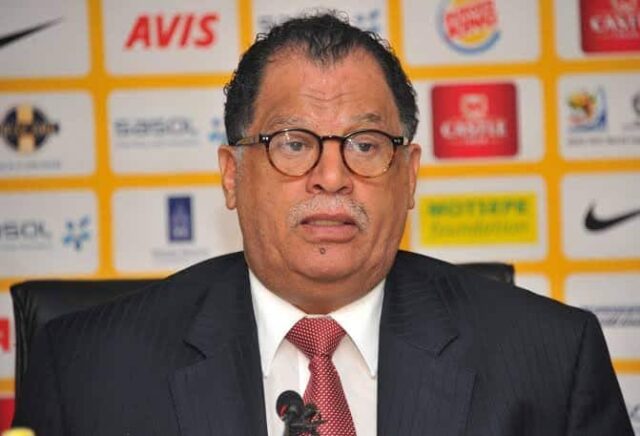Danny Jordaan, President of the South African Football Association (SAFA), has highlighted the narrowing gap between foreign-based African players and their local counterparts.
This comes amidst debates in Nigeria over whether to give local players more opportunities, despite the abundance of Nigerian talent in European leagues.
“In Nigeria, there’s an argument about whether to give some local players a chance because Nigeria has many players in Europe, making it difficult to always consider the local league,” Jordaan noted.
“South Africa seems to be doing something different, possibly because we don’t have as many players in Europe.
If we had players like Nigeria in Europe, would there be a balance between local league players and foreign-based players?”
Jordaan emphasized the importance of selecting the best players for each position, regardless of their base.
“You must select players who are the best in that particular position, whether they are overseas or locally based.
It is easier when you have local players because you see them every week. You watch them play together, see their struggles, and their ability under pressure.
With overseas players, you rarely see them; you just know their name and club. It’s only when they are in camp that you see their true strength.”
He pointed out the advantages of local players, citing their intense monitoring and clear understanding of their mental and physical abilities.
“Local players are closely monitored, and there’s a clear understanding of their ability to face difficult situations, which you don’t have with foreign-based players.”
Jordaan also commented on the competitiveness of African teams ahead of the World Cup.
“We are happy to have a strong team fighting for a place in the World Cup.
It will be difficult because the teams that competed in Qatar 2022 will also be fighting hard.
Unexpected results, like Equatorial Guinea defeating Ivory Coast and Cape Verde’s surprises, show how challenging the competition has become.
Traditionally strong teams like Cameroon, Ghana, Egypt, Tunisia, and Algeria struggled, and by the quarterfinals or semifinals, they were often out.”
Jordaan’s insights reflect the evolving dynamics of African football, where the balance between local and foreign-based talent plays a very important role in national team success.









